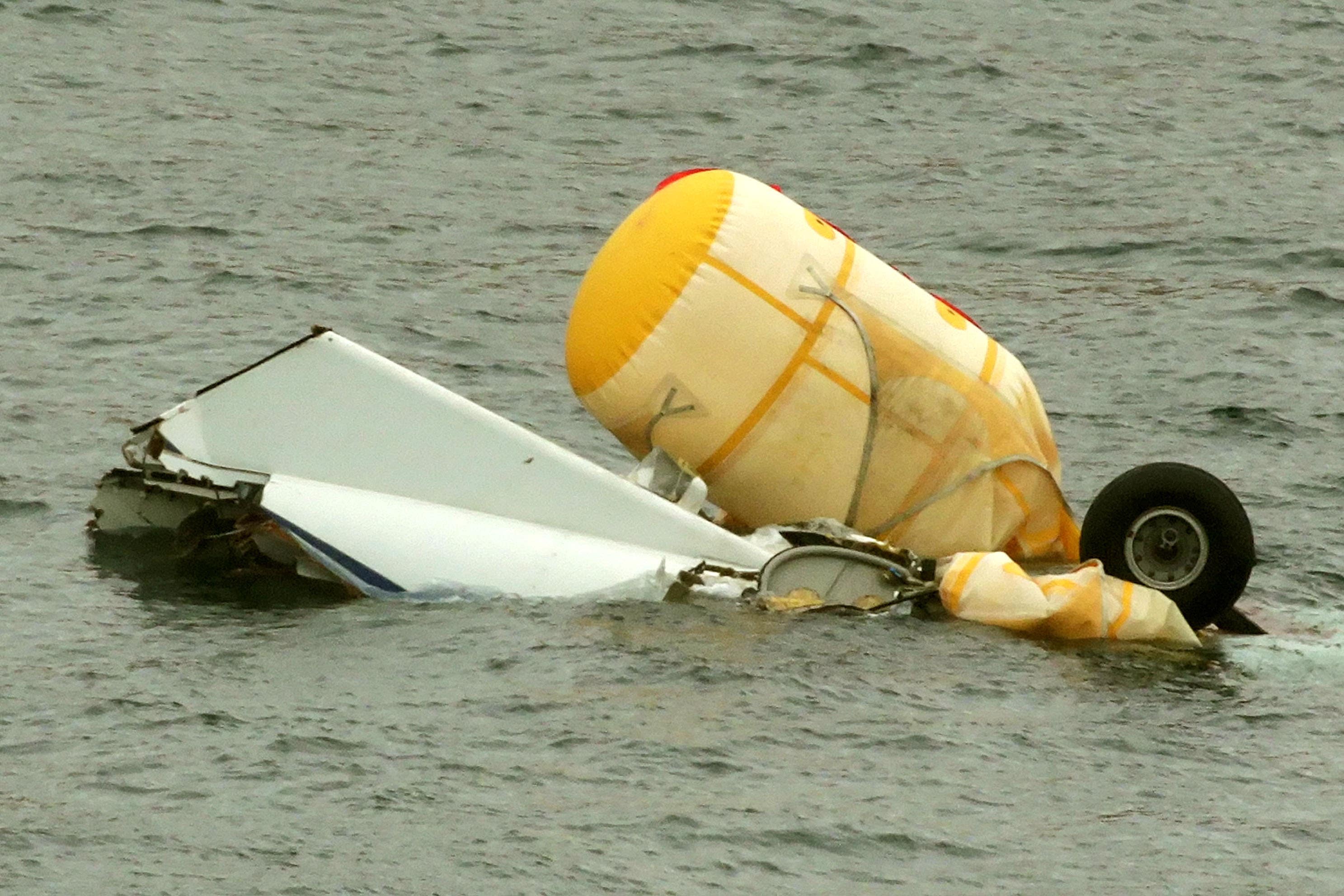Oil and gas workers unwilling to board Super Pumas over safety fears, poll finds
A survey of 1,200 staff by Unite found three-quarters have vowed never to set foot on the helicopter again.

Your support helps us to tell the story
From reproductive rights to climate change to Big Tech, The Independent is on the ground when the story is developing. Whether it's investigating the financials of Elon Musk's pro-Trump PAC or producing our latest documentary, 'The A Word', which shines a light on the American women fighting for reproductive rights, we know how important it is to parse out the facts from the messaging.
At such a critical moment in US history, we need reporters on the ground. Your donation allows us to keep sending journalists to speak to both sides of the story.
The Independent is trusted by Americans across the entire political spectrum. And unlike many other quality news outlets, we choose not to lock Americans out of our reporting and analysis with paywalls. We believe quality journalism should be available to everyone, paid for by those who can afford it.
Your support makes all the difference.Hundreds of North Sea oil and gas workers have vowed to never again set foot on a model of helicopter involved in a series of fatal crashes amid speculation about their potential reintroduction.
A survey of 1,200 staff carried out by the union Unite found three-quarters of workers are unwilling to board Super Pumas.
Super Pumas were removed from the oil and gas sector in 2016 in the wake of the accidents.
The Unite poll was carried out after a number of safety concerns were recently raised about helicopters flying workers to and from offshore installations and platforms.
One person was killed and five others were injured when a Sikorsky S-92, operated by Bristow for the Norwegian firm Equinor, ditched into the sea near Bergen in February.
The S-92 is the primary helicopter used across the UK and Norway, but a recent shortage of spare parts has seen some of the aircraft grounded.
Polled on the possible reintroduction of flights on Super Pumas, 75% of staff said they would never fly in one again, with 18% saying they would need to be convinced all outstanding safety concerns had been fully addressed.
Questioned about the Sikorsky S-92 helicopters, 43% expressed concerns over supply chains impacting safety, 36% said they had confidence in the aircraft, and 17% said they had been “really shaken” by the February crash.
Unite general secretary Sharon Graham said: “Unite will never, ever allow offshore health and safety to be compromised by operators and contractors.
“Absolutely central to this objective is ensuring the full confidence of offshore workers in the helicopters which they are transported in.
“Overwhelmingly, offshore workers are telling Unite that more action and assurances are needed from the industry in order to improve the safety of helicopter flights.
“Operators and contractors must listen to these concerns and act.”
John Boland, Unite’s lead officer in the offshore sector, added: “Unite will ensure that concerns over helicopter safety are fully addressed by the oil and gas industry.
“Offshore workers have clearly spoken about their horror over the Super Puma model ever being reintroduced and have also expressed their concerns about supply chain issues impacting on the safety of the Sikorsky S-92 helicopter.
“The industry must take note of what offshore workers are saying and work with Unite to resolve these safety concerns.”
Fourteen oil workers and two crew died when a Bond Super Puma plunged into water off the Aberdeenshire coast on April 1, 2009.
An Air Accidents Investigation Branch probe into the crash found the aircraft suffered a “catastrophic failure” of its main rotor gearbox.
A fatal accident inquiry (FAI) in 2014 also found the tragedy could have been avoided.
Four years later, four people died when a Super Puma L2 carrying oil rig workers ditched in the North Sea near Sumburgh, Shetland, in August 2013.
An FAI found no precautions could have prevented the crash after a “perfect storm” of circumstances combined.
Offshore Energies UK has been contacted for comment.